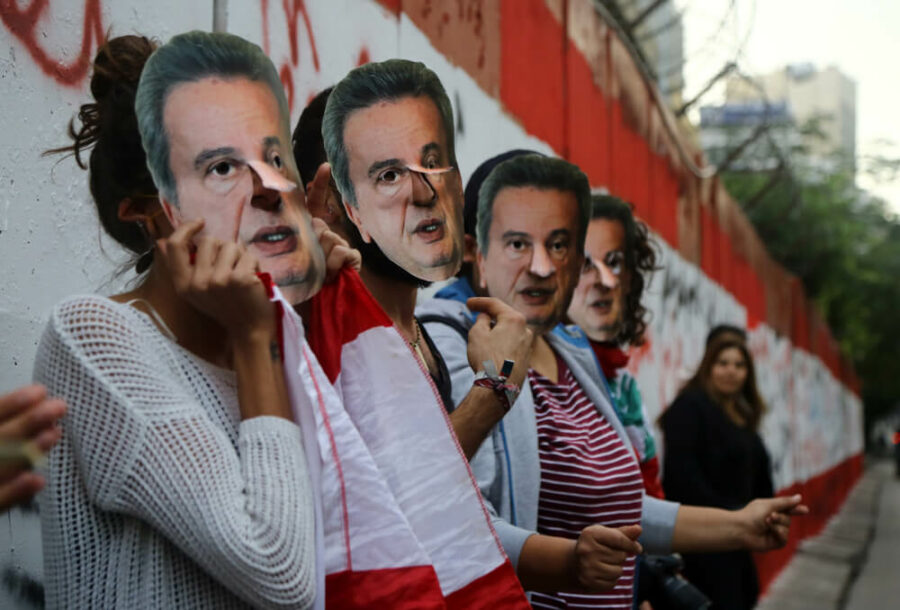New currency deteriorations were recorded in Lebanon. Commercial banks have been closed for more than a week. The remittances that most Lebanese live on are suspended. ATMs are empty. Frustrated depositors attack bank branches and demonstrate across the house of the president of the Association of Banks in Lebanon.
This sad scene is what Lebanon is experiencing these days, more than three years after a complex economic, financial, and monetary crisis that impoverished and humiliated the Lebanese.
In the wake of this sad picture, there is talk about the mandate of the Governor of the Central Bank of Lebanon, Riad Salameh, whom some political parties seek to hold responsible for what Lebanon has become today.
Salameh’s term expires in July following years when his mandate was renewed several times over. He took office in 1993.
Read: 189% Inflation rate in Lebanon, IMF loan status unknown
Amid rumors about the possibility of renewing him for a new term of six years to avoid creating a vacancy, Salameh put an end to this, announcing that he would not seek a new term and that he would leave his post. This came after Finance Minister Youssef Khalil said that replacing the Governor of the Central Bank of Lebanon would be difficult and his term may be extended, although no consensus had been reached on this so far.
The issue today is very important: how will a new figure be appointed to this sensitive position in the absence of an effective government? Lebanon’s constitutional institutions have been facing disruption in their operations for months, as no new president has been elected following the end of former President Michel Aoun’s term, while the government headed by Najib Mikati is a caretaker government in the sense that its powers are narrowly limited according to the constitution.
Many questions arise these days about the possibility of some constitutional jurisprudence to address the issue, such as the Council of Ministers asking the (Central Bank) governor to continue his work for an additional period, although there are some jurists who consider this step unconstitutional, or for the House of Representatives to amend the Monetary and Credit Law in order to amend the term of office of the governor from 6 years to 9. Noting that if Salameh leaves office, the Monetary and Credit Law is clear in this context, as his first deputy assumes this task until an original ruler is appointed. This may seem difficult to happen given the Christians’ refusal to have a Shiite figure as the first vice governor take over the task.
Samir Hammoud, former head of the Banking Control Commission, said in a statement in this regard that “the Central Bank is primarily responsible for addressing a financial and monetary crisis of this magnitude. The state must realize that it cannot, through its cabinet, finance minister, or the proposed Capital Control Committee, replace the monetary authority represented by the Central Bank and its Central Council. Otherwise, Lebanon will become one of the countries of the underdeveloped world that manages the monetary and banking situation through a ministerial committee that includes poles from outside the framework of the monetary authority, after Lebanon was a pioneer for all the surrounding countries, in establishing a central bank and preparing the Monetary and Credit Law in 1964, where an independent monetary authority was established. Will we replace it today with a political authority by forming a committee as proposed in the Capital Control Law?! We will not accept that, and we are sticking to the monetary authority and to the completion of its governance.”
“If a new governor cannot be appointed and even if the current governor does not want to extend or renew him, the Banque du Liban should not remain without a valid governor. We will not be able to face such a crisis and address it by appointing an interim governor with full respect and appreciation for all deputy governors. We will never accept that.”
There is no doubt that a new clash will soon face in the Lebanese arena, but it is far from addressing the concerns and grievances of the people.
For more on Lebanon, click here.








